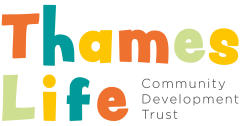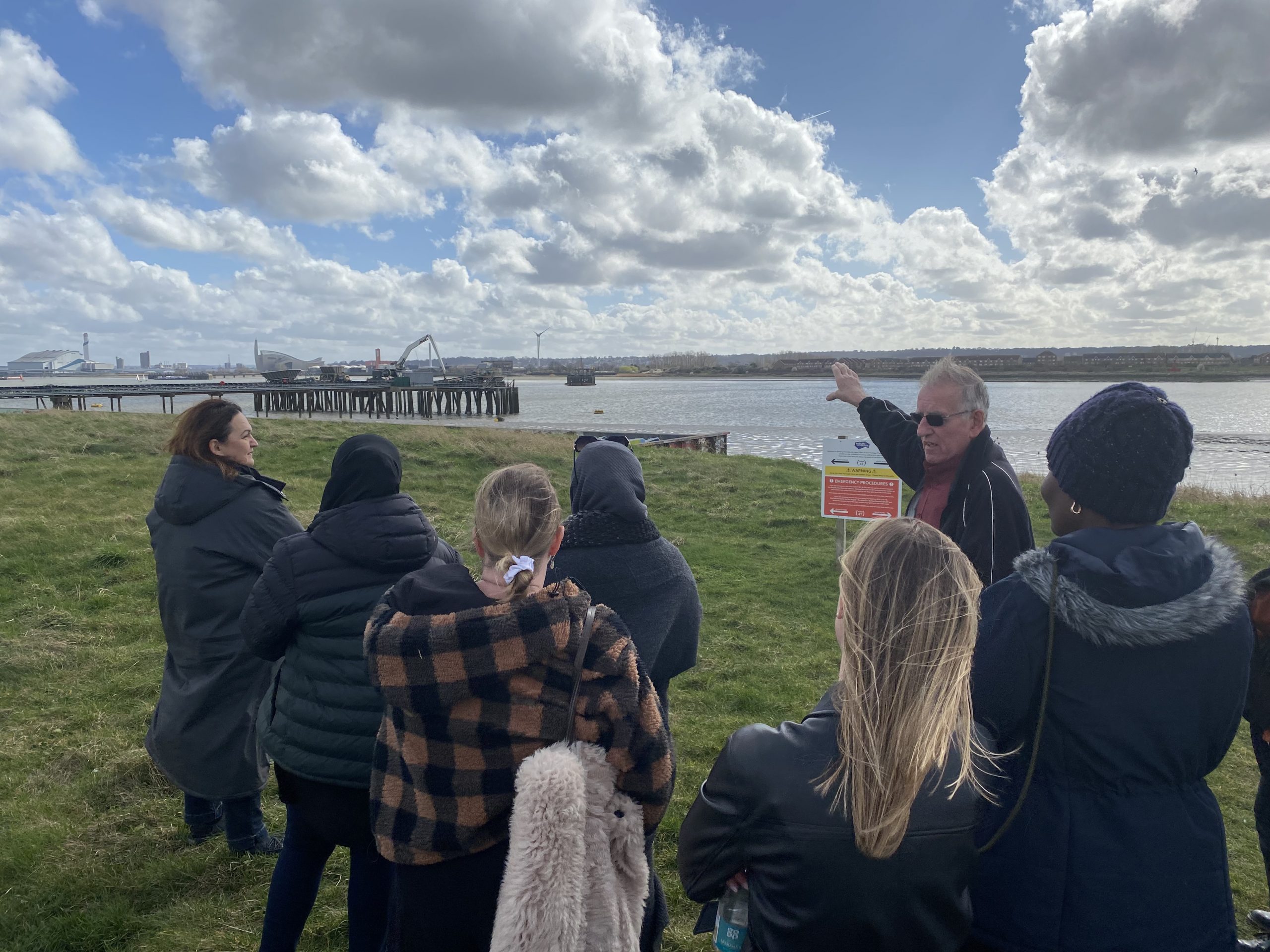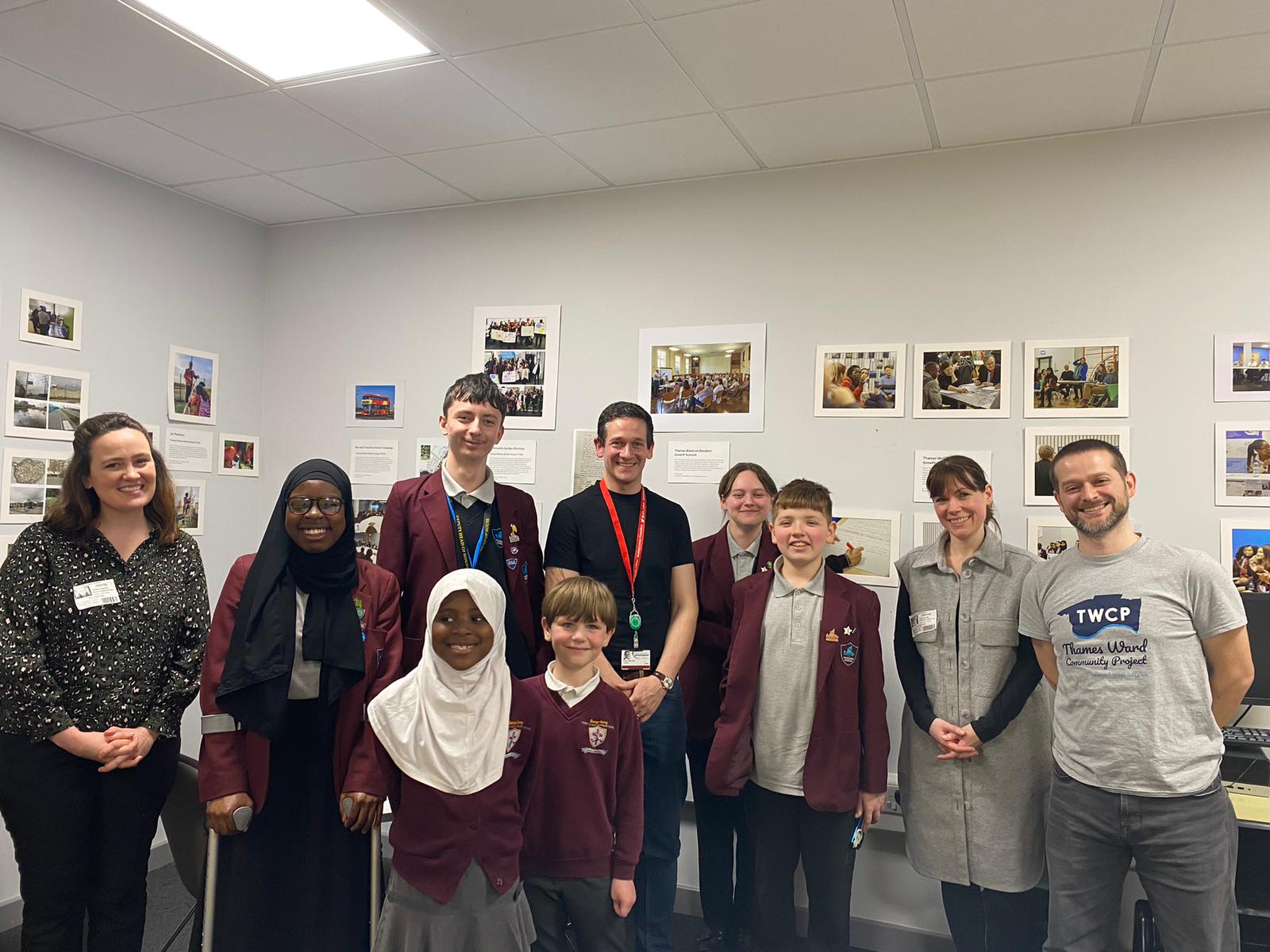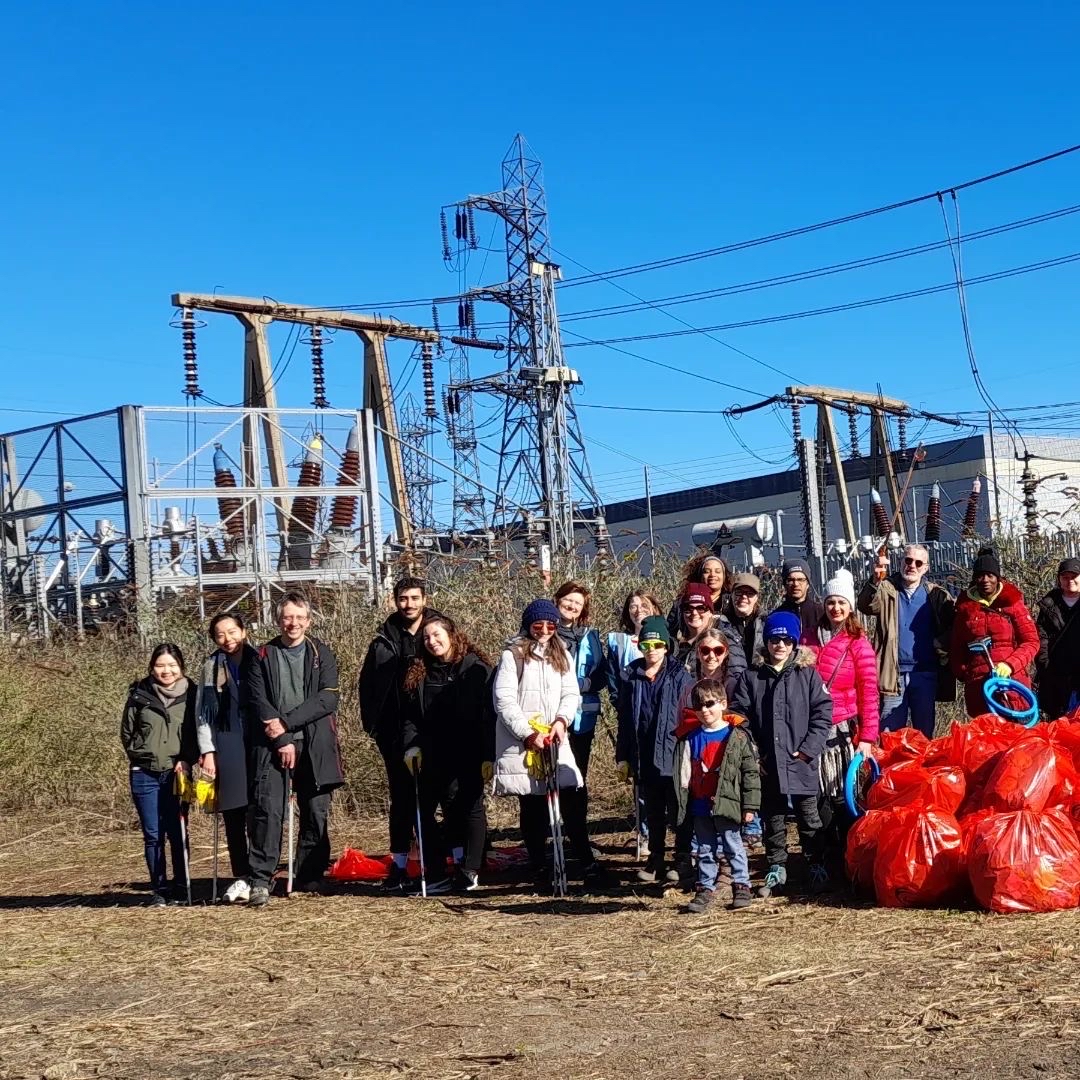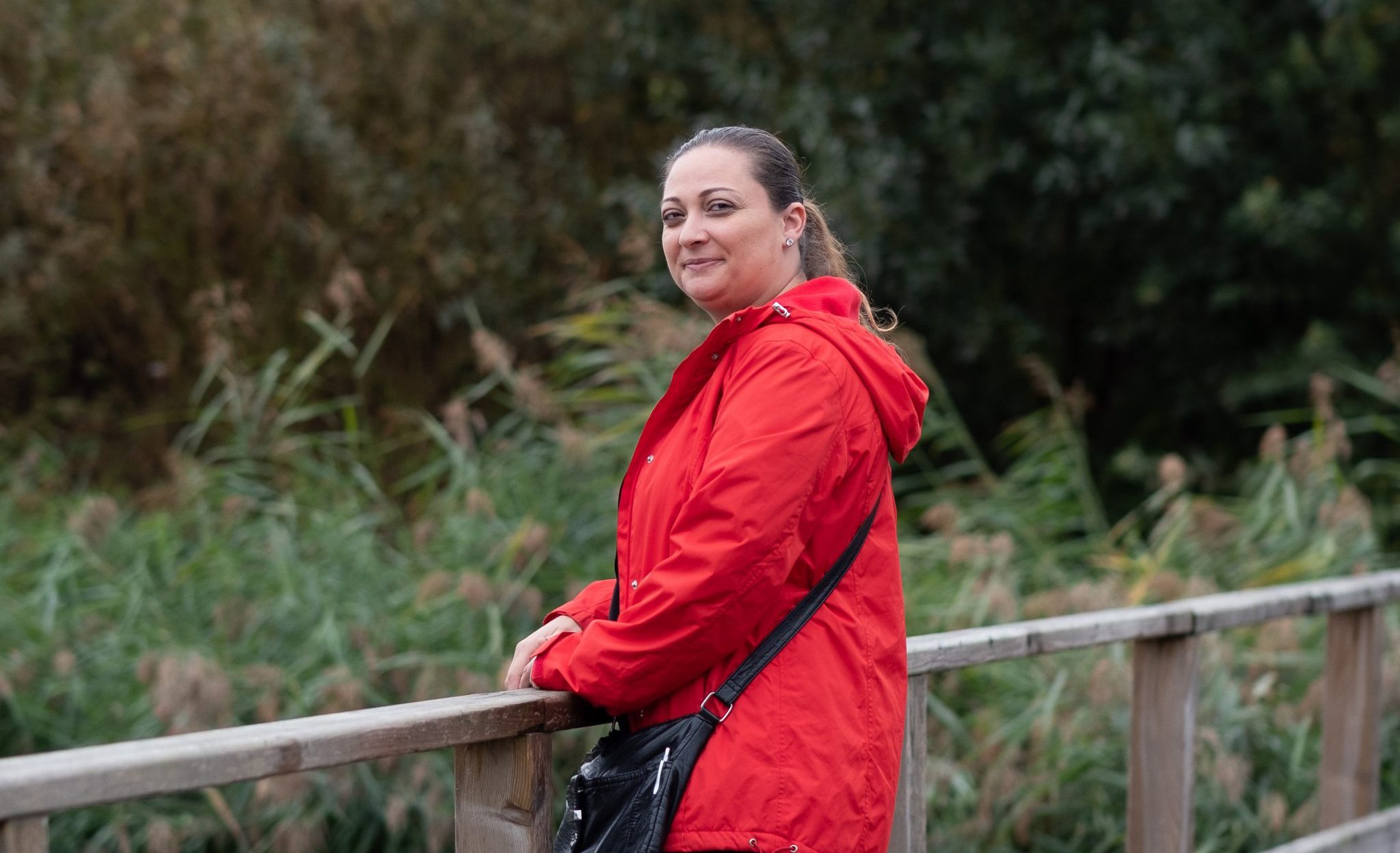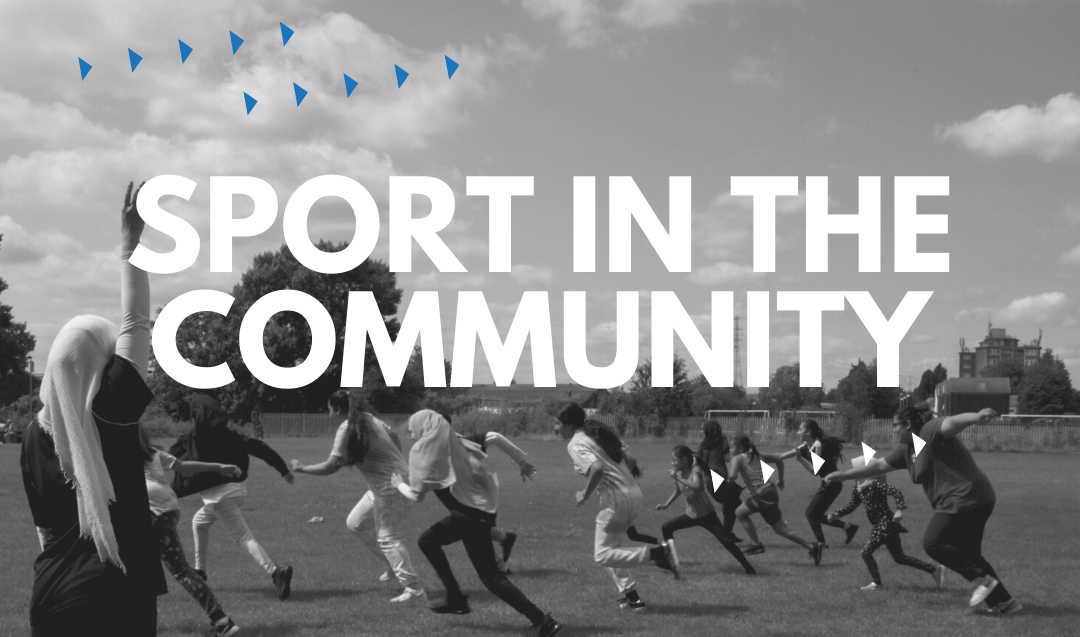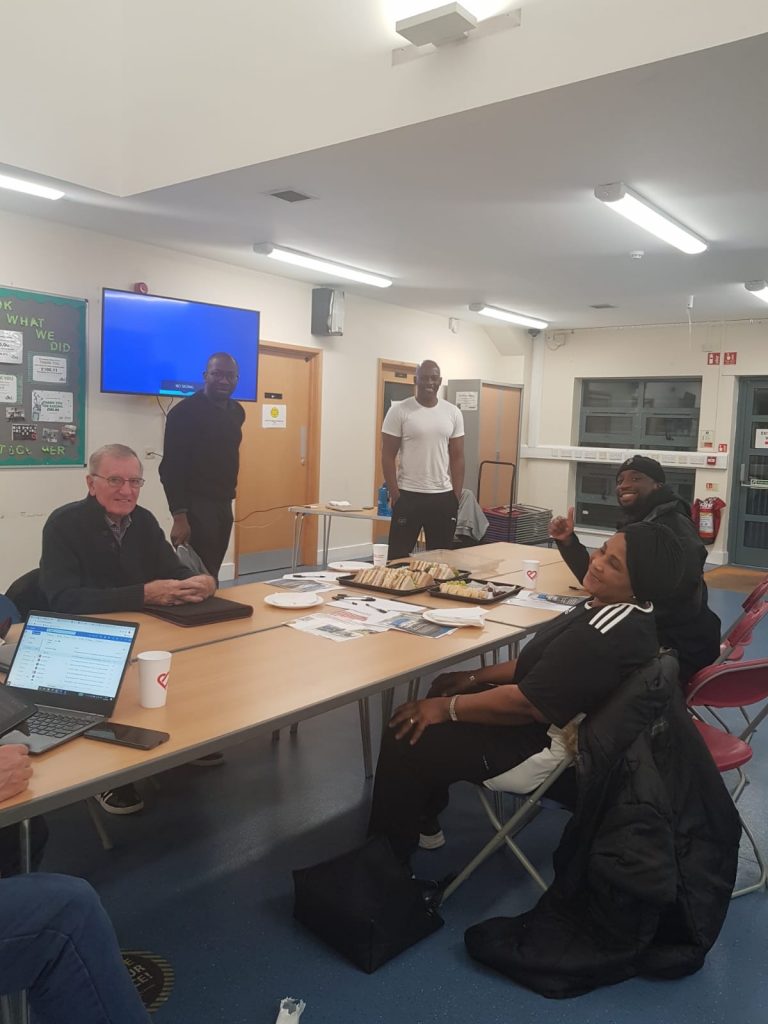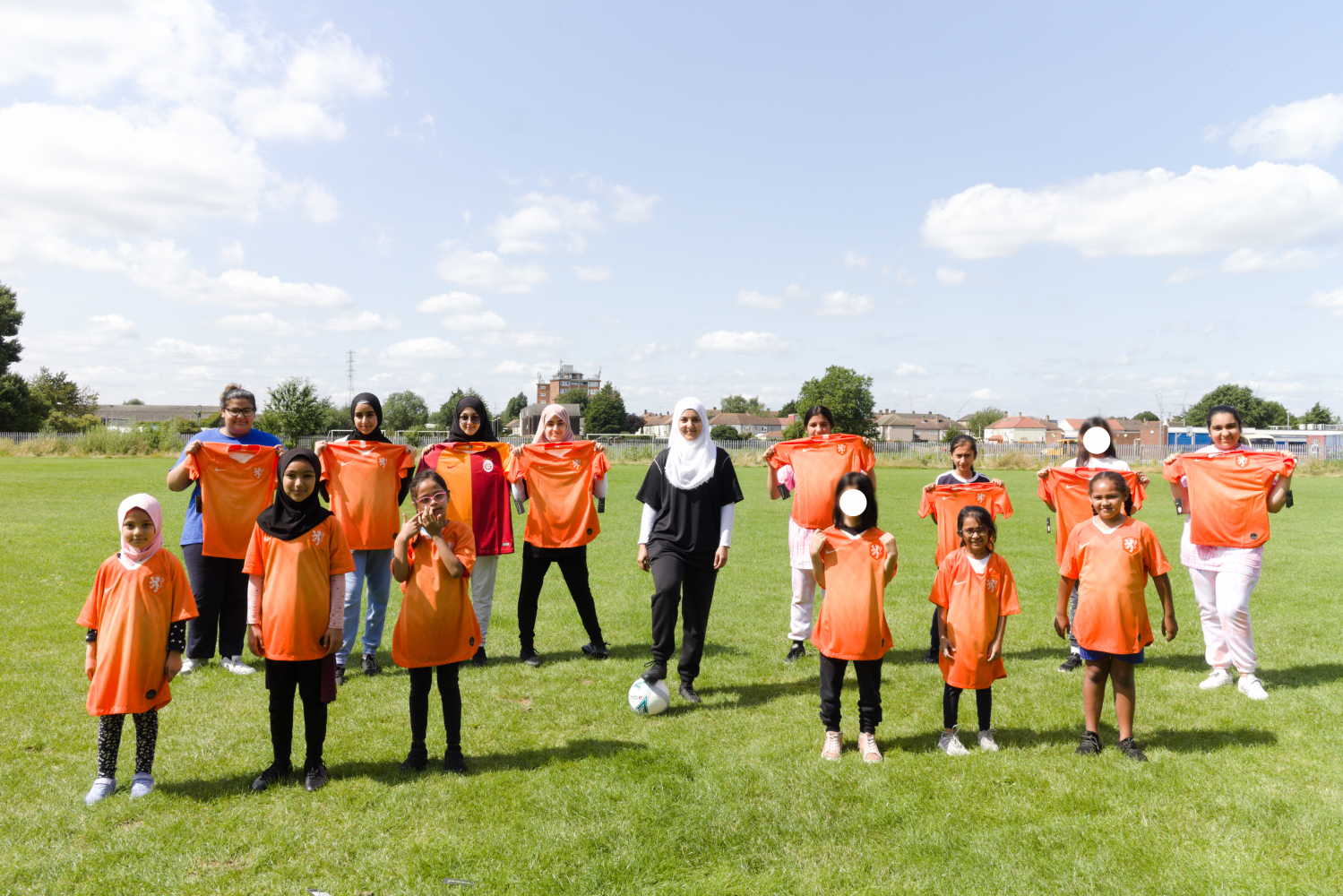Trauma underpins our lives and our communities; it is hard to talk about and often talking doesn’t help, who wants to relive such things, but we carry it in our bodies and reproduce it in our behaviours anyway. That’s what I mean by ‘the body keeps the score’. We are lucky if we get through life without distressing experiences that injure us physically and emotionally. If we don’t experience it ourselves, we’ll know others close to us who have.
We carry it in our bodies, but we also carry it in everything we do. It strikes me that community work and so-called ‘partnership’ working that seeks to address positive change, as opposed to maintaining existing inequality and power relationships, needs to exercise more care, because change is painful and is resisted.
Trauma informed practice has six simple principles which if acted on would help:
- Safety
- Trustworthiness and transparency
- Peer support
- Collaboration and mutuality
- Empowerment and choice
- Cultural, historical and gender issues
I don’t think our community and partnership spaces are always safe, trustworthy, transparent. Or that we have each other’s backs often enough (peer support). We compete rather than collaborate. There is compulsion in the workplace, not choice and we don’t talk about race, gender, class and other oppressions. Sometimes we create spaces for the above but not often enough. Because we live in the world as it is, not the world as it should be.
Over lockdown I found myself thinking a lot about the world as it should be.
I was thinking about the pain in our lives and how it is telling us something. It can be redemptive; we can learn from it but mostly it just hurts and then we go numb, stuck, doing the same things and getting the same results. About love and how there isn’t enough of it in the world – in the absence of love, there is survival and how simply to survive is not to live a life.
I thought about a recent situation that triggered me, where voices were raised. I don’t like being shouted at. It reminds me of a time in my life when my father would explode. He got sectioned. I remember social workers and police visiting. Questions being asked that had no answers. It just repeats. A year or so before lockdown my sister, who is autistic, got sectioned because the care home suddenly changed its staff and she literally started pulling her hair out. Social services answer was to put her into the same psychiatric hospital my dad spent time in. I then engaged with the health system my parents couldn’t cope with and it closed ranks. It reminded me that if you want change you need power; but that power without love is inhuman and love without power is anaemic, too weak.
My sister is in a good place now and even when it was going on I was surprised at how calm I felt. I’d got used to that kind of thing happening. No big deal. Broken systems and broken people; I feel too much and then I feel nothing. I see how things get frozen. I try to remember to appreciate what is precious and focus on what it is possible to change, and that makes me happy. Sometimes.
I’ve been thinking about how power is also about vulnerability. Trauma is caused when you are vulnerable and are powerless and overwhelmed so it is odd to say being vulnerable can also be powerful. How can that be?
In that space of vulnerability we are most truly ourselves and from that space we can re-imagine what is important and worth doing in our lives. A lot of the things we do are probably not worth doing – the meetings we go to – the little competitive time serving rituals that divide and rule. Anything that can give a new perspective, new space to do differently, is worthwhile because when it comes to climate change, transformational public services, local democracy, looking after each other and being more human, much of what we do isn’t working and we can do better at every level.
Matthew Scott
TWCP Director
